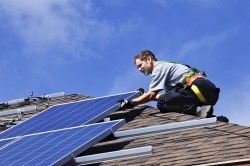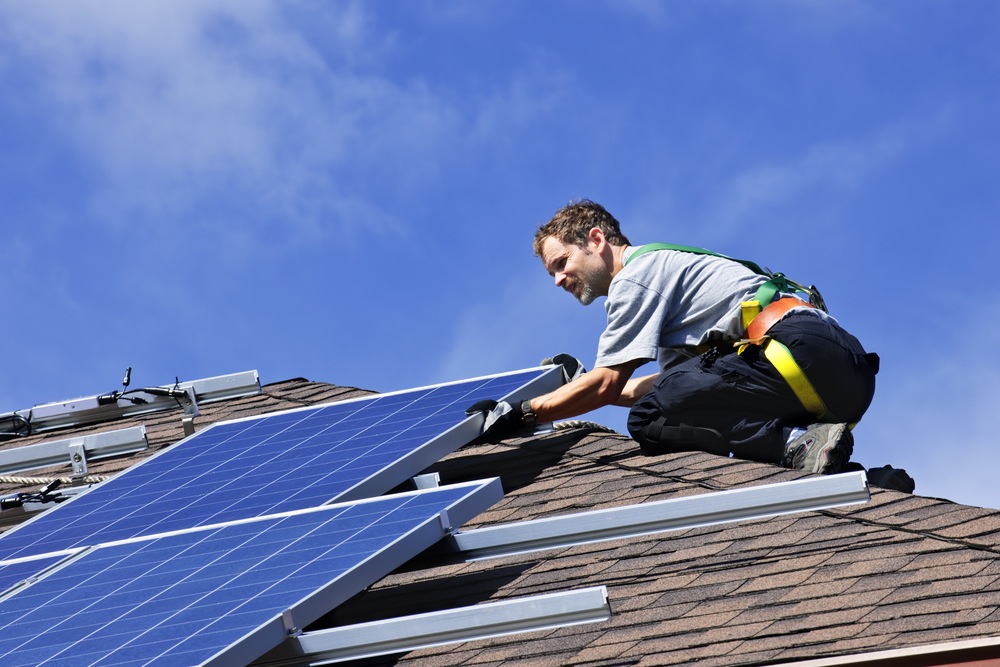
ShutterstockNo batteries allowed.
California has the nation’s biggest “net metering” program, allowing solar panel and wind turbine owners to pump their excess electrons onto their local power grid so they can be sold to their neighbors by a utility company.
But in some cases the state’s utilities are refusing to allow customers to take part in the program if they hook up a battery to their renewable energy system. In others, the utilities will allow solar plus battery systems — but only if customers submit to costly double-metering upgrades.
The companies claim battery owners could game the system by pumping dirty power through their pristine power lines instead of the renewable variety for which the program was designed. Critics, on the other hand, accuse the utility companies of putting up roadblocks to prevent the renewables renaissance from making the utilities and the dirty electricity that they sell obsolete.
“We wanted to have an alternative in case of a blackout to keep the refrigerator running,” Matthew Sperling told Bloomberg after he spent $30,000 installing eight panels and eight batteries atop his Santa Barbara home. He says Southern California Edison rejected his application to link the system to the grid:
Power-market regulations and the industry’s ability to monitor flows from solar systems haven’t kept pace with the technology, said Gary Stern, director of regulatory policy at Southern California Edison, a unit of Edison International.
“Our rules are not really caught up to effectively include issues with energy storage,” Stern said in a phone interview from Rosemead, California.
The company doesn’t want to “discourage solar” and is working with regulators to come up with “reasonable policies” for battery-storage systems, said Vanessa McGrady, a Southern California Edison spokeswoman.
State regulators are aware of the problem and are working on guidance to offer both solar installers and utilities, according to Terrie Prosper, a spokeswoman for the California Public Utilities Commission in San Francisco.
“There have been some complaints from developers in Southern California Edison’s territory that Edison has inconsistently applied the benefits of net energy metering to energy-storage projects,” Prosper said in an e-mail. The commission is working with all three utilities “to provide formal direction on these issues in the coming months.”
Until this is resolved, Californians who own solar panels and battery packs have two main options: disconnect the battery, or bulk up on hardware and go entirely off the (electric) grid.




